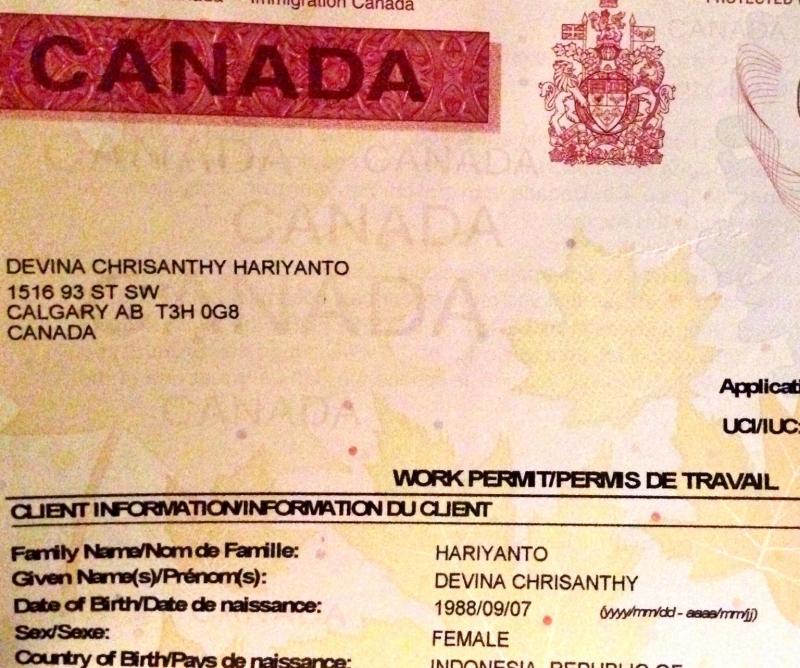The Post-Graduation Work Permit Program (PGWPP) is a golden opportunity for international students who have graduated from designated learning institutions (DLIs) in Canada. It provides an open work permit that allows graduates to gain valuable work experience in Canada. Notably, Canadian work experience obtained through the PGWPP can also pave the way for permanent residence in Canada, particularly for those with experience in National Occupational Classification (NOC) skill types 0, A, or B. In this comprehensive guide, we’ll delve into the details of the PGWPP and how it can benefit international graduates seeking to establish their careers and futures in Canada.
Table of Contents
PGWPP Eligibility and Benefits
The PGWPP extends an open work permit to international students who have completed a program of study at a DLI in Canada. This permit empowers graduates to work in Canada for up to three years, depending on the length of their educational program. Notably, the work permit duration cannot exceed the duration of the program of study.
Graduates who accumulate Canadian work experience in skilled professions (NOC skill types 0, A, B) can leverage this experience to enhance their eligibility for permanent residence in Canada. This experience can be particularly advantageous within the context of the Canadian Experience Class (CEC) category under the Express Entry immigration system.
Recent Updates for PGWPP in Canada
It’s essential to stay updated on any changes or modifications to the PGWPP. Students are advised to regularly check official sources for the latest information regarding eligibility criteria and application procedures.
Changes to PGWPP in Quebec
Students enrolled in DLIs in Quebec should be aware of specific updates related to the PGWPP:
- If you completed your program before September 1, 2023, and applied for a PGWP within six months of completion, your application will follow the existing guidelines.
- Students enrolling in programs starting after September 1, 2023, will be subject to the new guidelines.
- Those currently enrolled in programs that will no longer be eligible for PGWP after September 1, 2023, may have their previous study time considered for their PGWP application.
Temporary Changes Due to COVID-19
Specific temporary changes have been implemented in response to the COVID-19 pandemic:
If you enjoy this article, don't miss out on the valuable insights and information available in our other related posts:
- Students enrolled in PGWP-eligible programs that began before March 2020 can count the time spent outside Canada toward their PGWP.
- Students who started PGWP-eligible programs between March 2020 and August 31, 2022, have flexibility in meeting in-class study requirements.
- Students enrolled in programs beginning between September 2022 and August 31, 2023, must complete at least 50% of their studies in Canada.
Key Eligibility Criteria for PGWPP
To be eligible for the PGWPP, international students must meet specific criteria:
- Apply for a PGWP within 180 days of receiving their final marks.
- Have a valid study permit when applying.
- Have completed a program of study at a DLI in Canada.
- Have a program duration of at least eight months.
- Have maintained full-time student status during their studies.
- Have completed an eligible program that leads to a degree, diploma, or certificate.
- Programs must have consisted of at least 50% in-class instruction from September 2023 onwards.
Application Details and Processing Time
To apply for a PGWP, you will need:
- A degree, diploma, official letter, or transcript from your DLI.
- Payment of CAD 255 covers both the Open Work Permit Holder fee (CAD 100) and the work permit fee (CAD 155).
- Additional costs of CAD 605 if renewing both student status and PGWP.
- Processing time for paper-based applications is around 34 days.
PGWP Duration Based on Program Length
The duration of the PGWP depends on the length of the program:
- Programs less than eight months: Not eligible.
- Programs between eight months and two years: Work permit duration matches program length.
- Programs two years or longer: Eligible for a three-year work permit.
In cases where multiple programs were completed, the PGWP duration may be a combination of their lengths, provided they were at least eight months long and a previous PGWP was not obtained based on the first program.
Conclusion
The Post-Graduation Work Permit Program in Canada offers a unique opportunity for international students to gain valuable work experience and potentially secure permanent residency. Staying informed about eligibility criteria, program changes, and application procedures is essential for making the most of this pathway to a successful career in Canada.





